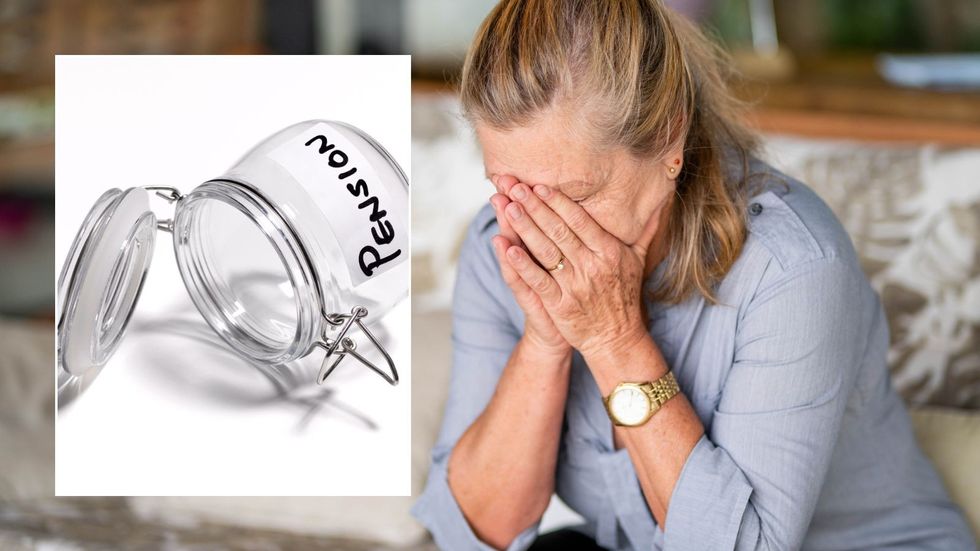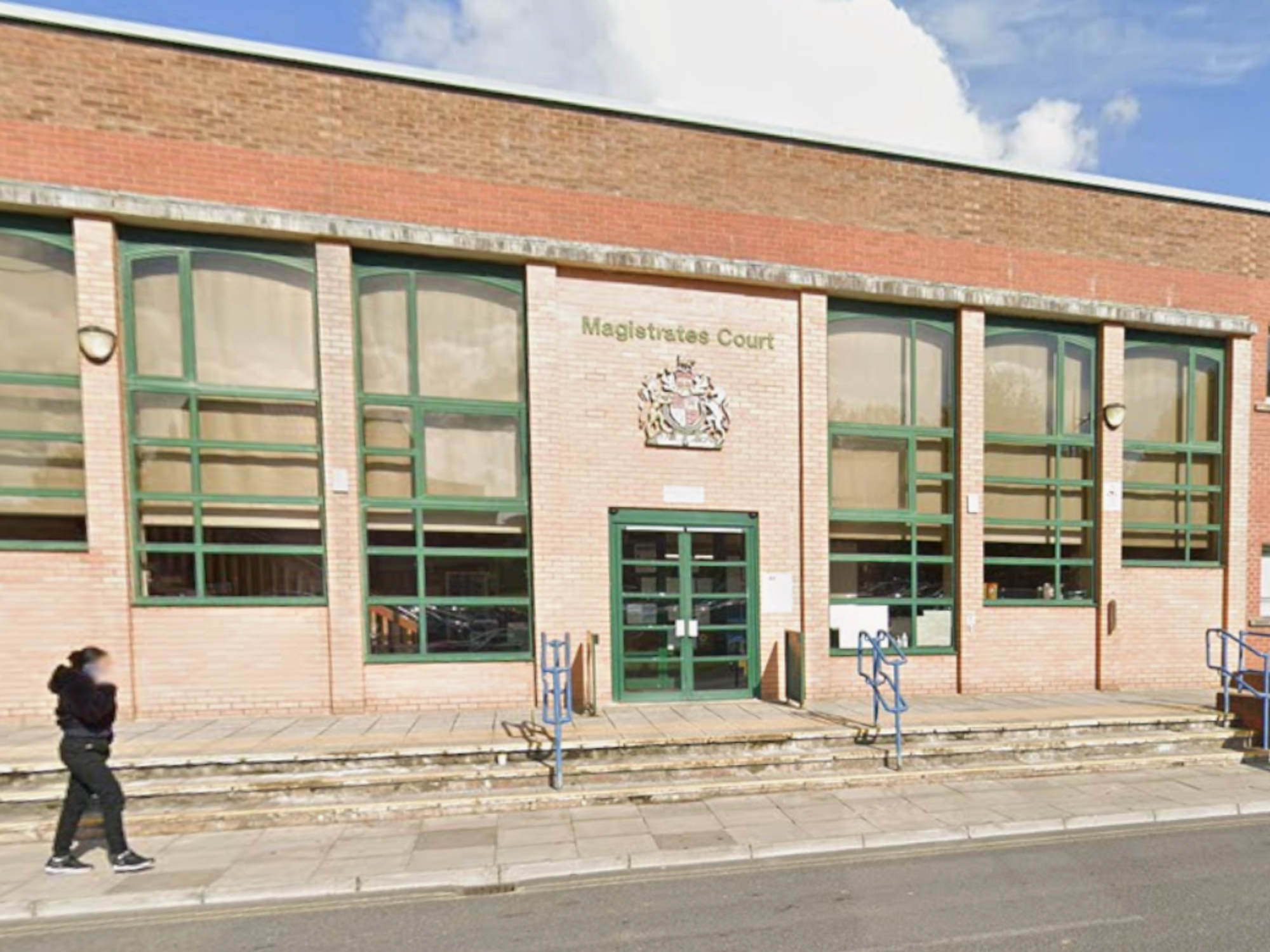State pension triple lock 'should be scrapped' as payment rise 'unfair to younger people'', economists claim

The triple lock guarantees state pension payment rates rise every year
Don't Miss
Most Read
The state pension triple lock "should be scrapped" by the Government, prominent economists are suggesting. The future of the Government benefit is being called into question following Labour's appointment of Torsten Bell to be the new pensions minister.
Bell has previously suggested the triple lock should be axed and called for changes to tax relief on pensions. Free-market economists, who are more associated with the political right, are weighing in on the issue and appear to be in agreement with Labour's latest appointee.
Ben Ramanauskas, research economist at Oxford University and a former adviser to ex-Prime Minister Liz Truss, has recommended ending the state pension triple lock.
Introduced in 2010 by the coalition Government, the triple lock guarantees state pension payments rise every year by either the rate of inflation, average earnings or 2.5 per cent; whichever is highest.
On X, while promoting his Substack, Ramanauskas wrote: "In order to reduce the burden on taxpayers, improve the public finances, and boost growth the state pension triple lock should be scrapped. It should increase in line with average earnings growth only.
Do you have a money story you’d like to share? Get in touch by emailing money@gbnews.uk.

Economists are calling for the state pension triple lock to be "scrapped"
| GETTY"The triple lock is one of the worst policies of the Coalition government (and that's a very high bar). It costs a fortune and is incredibly unfair to younger people. It should be scrapped.
"A single lock pegged to average earnings growth would be far more affordable and sustainable while also being fairer to younger people who are paying for it. Such a move would mean that the benefits of economic growth are shared - as would the consequences of stagnation.
"Boomers tend to be disproportionately more likely to oppose pro growth measures such as housing and infra development. All the while they know that their standard of living is guaranteed to increase - even if it gets worse for young people.
"We should give older people a greater stake in economic growth. This single lock should help." Independent economist Julian Jessop has also joined the calls to end the triple lock.
 Pensioners are worried about the cost of living | GETTY
Pensioners are worried about the cost of living | GETTY On social media, he posted: "Torsten Bell was right. The triple lock on the state pension will have to go eventually. Let's start a sensible debate on it now. In response to all those saying 'but we have the meanest state pension in Europe'.
"The UK state pension is relatively generous for those who were on low wages when in work, and we also have a relatively well-developed system of private pensions including autoenrollment.
"There is a strong case for boosting Pension Credit to support poorer pensioners, but not for paying more to all regardless of need. No, your National Insurance contributions have not paid for a triple-locked state pension."
Labour has comes under fire over recent months following the Chancellor's Budget decisions and fiscal statements. Reeves has opted to means-test Winter Fuel Payments, meaning older households will now need to claim DWP support to access the up to £300 in energy bill suport.
Furthermore, the Chancellor confirmed pension pots would be now be considered as part of someone's estate once they pass away, making retirement savings liable for inheritance tax (IHT).
It should be noted that this tax change will not be implemented until April 2027. However, this has lead to unease among older households that vital support is being withdrawn over time.
LATEST DEVELOPMENTS:
 Pensioners are at risk of a retirement shortfall | GETTY
Pensioners are at risk of a retirement shortfall | GETTY In response to criticism of Bell's appointment, a Government spokesperson told GB News: "Our commitment to the triple lock is unwavering because we want pensioners to enjoy the dignity and respect they deserve in retirement.
"This means millions will see their State Pension rise by up to £1,900 over this parliament."
Currently, the full new state pension comes to £11,502.40 per year and is expected to jump to £11,962 annually in April 2025.
This represents an increase of £460 a year and a much-needed financial boost for older Britons coming out of the cost of living crisis.











